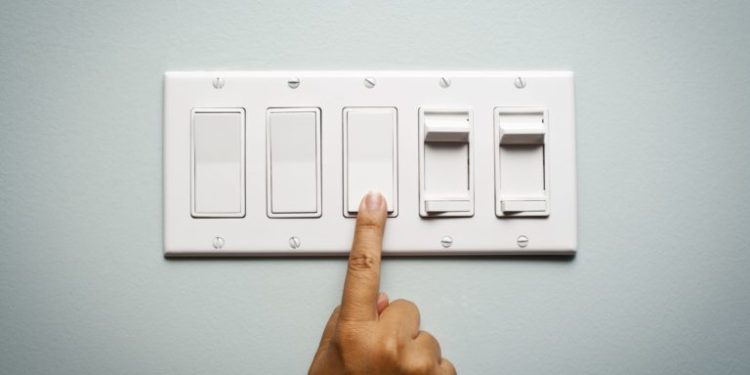As energy costs continue to rise, and environmental concerns become more pressing, conserving power in your home is a smart and responsible choice. By making a few changes to your power habits and choices, you can significantly reduce your energy consumption, lower your utility bills, and contribute to a healthier planet.
Here are some practical tips to help you conserve light in your home.
1. Switch to LED Bulbs
One of the simplest and most effective ways to conserve light and energy is by switching to LED bulbs. LED bulbs use up to 75% less energy than traditional bulbs and last much longer. Although they may cost more at the point of purchase, the long-term savings on your energy bill and the reduced need for frequent replacements make them a wise investment.
2. Utilise Natural Light
Maximising natural light is a great way to reduce your reliance on artificial lighting. Here’s how you can make the most of the sunlight in your home:
Open Curtains and Blinds: During the day, keep your curtains and blinds open to let in as much natural light as possible.
Use Light Colours: Light-coloured walls, ceilings, and furniture reflect natural light, making your home brighter and reducing the need for artificial lighting.
Strategic Mirror Placement: Placing mirrors opposite windows can help bounce sunlight around the room, increasing the overall brightness.
3. Install Dimmer Switches
Dimmer switches give you control over the intensity of your lighting, allowing you to use only as much light as you need. This not only conserves energy but also creates a more comfortable and customisable living environment. Dimmer switches are especially useful in living rooms, dining areas, and bedrooms.
4. Deploy Task Lighting
Instead of lighting an entire room, focus on specific areas where light is needed the most. Task lighting, such as desk lamps, under-cabinet lights, and reading lights, provides illumination where you need it without wasting energy on lighting the whole space.
5. Maintain Your Light Fixtures
Dirty or dusty light fixtures and bulbs can reduce the amount of light they emit, making you use more light to achieve the desired brightness. Regularly clean your light fixtures and replace any worn-out or damaged components to ensure they are operating at peak efficiency.
6. Educate Your Household
Encourage everyone in your household to be mindful of their power consumption habits. Simple actions like turning off lights when leaving a room, using natural light whenever possible, and being conscious of energy consumption can make a big difference over time.
Conclusion
Conserving light in your home is a straightforward and impactful way to reduce energy consumption and lower your utility bills. By implementing these tips, you can create a more energy-efficient home that benefits both your wallet and the environment. Small changes can lead to significant savings and contribute to a more sustainable future.
For more solutions on energy conservation in your home, send an email to enquiries@afrilandproperties.com.


